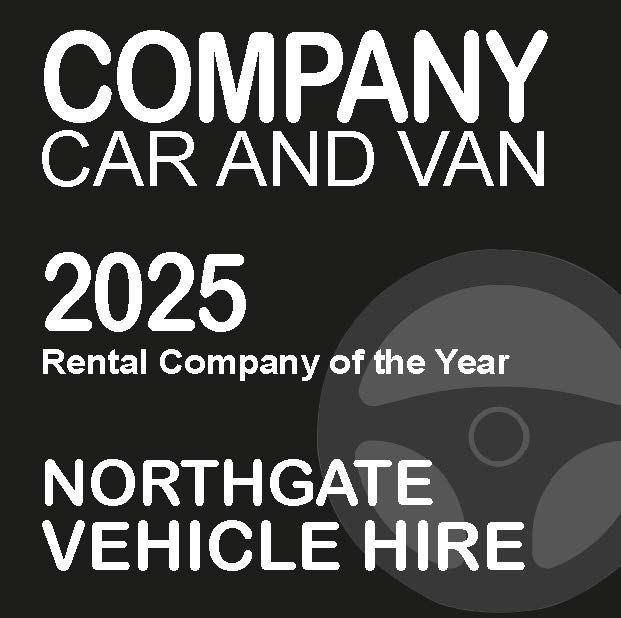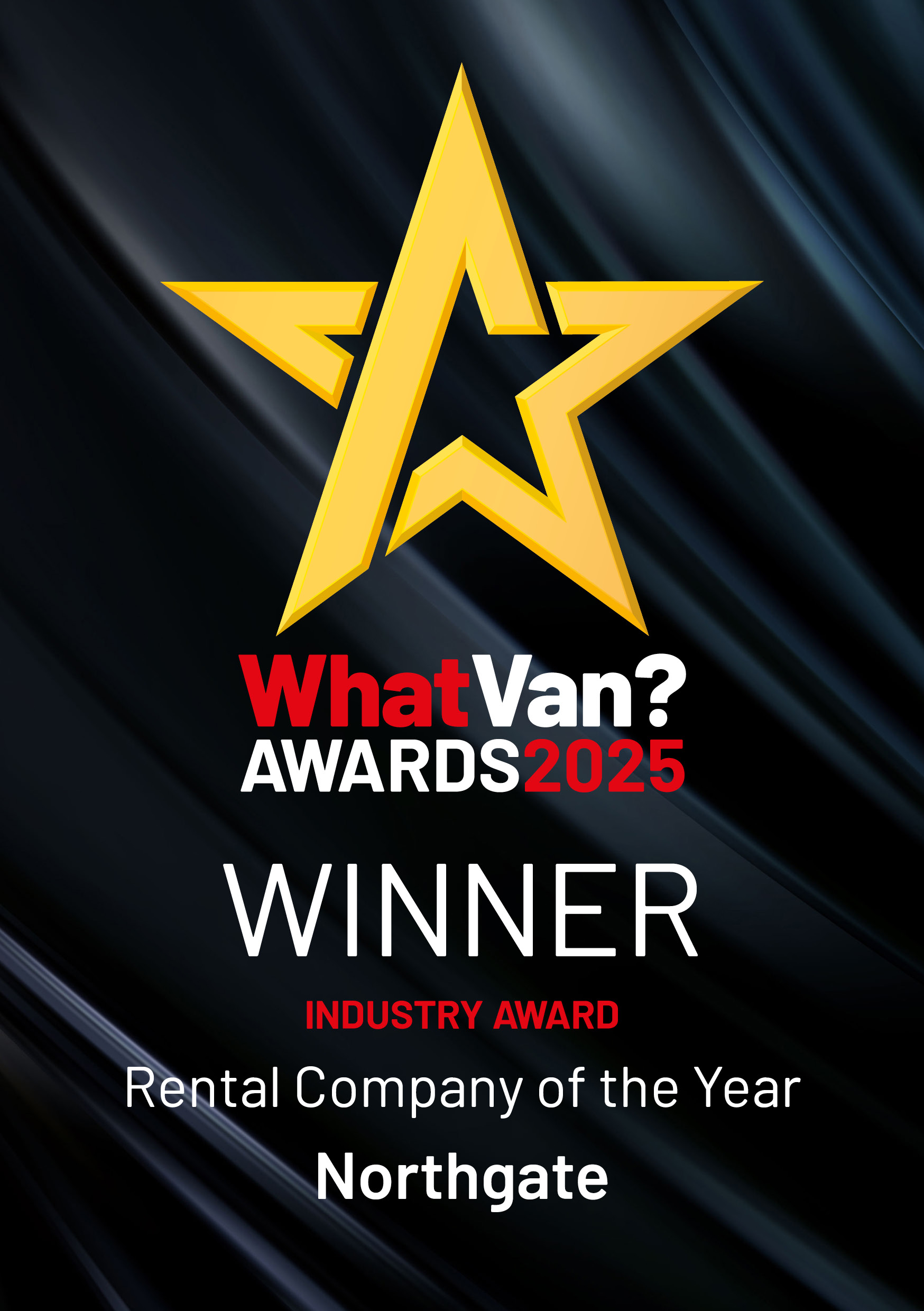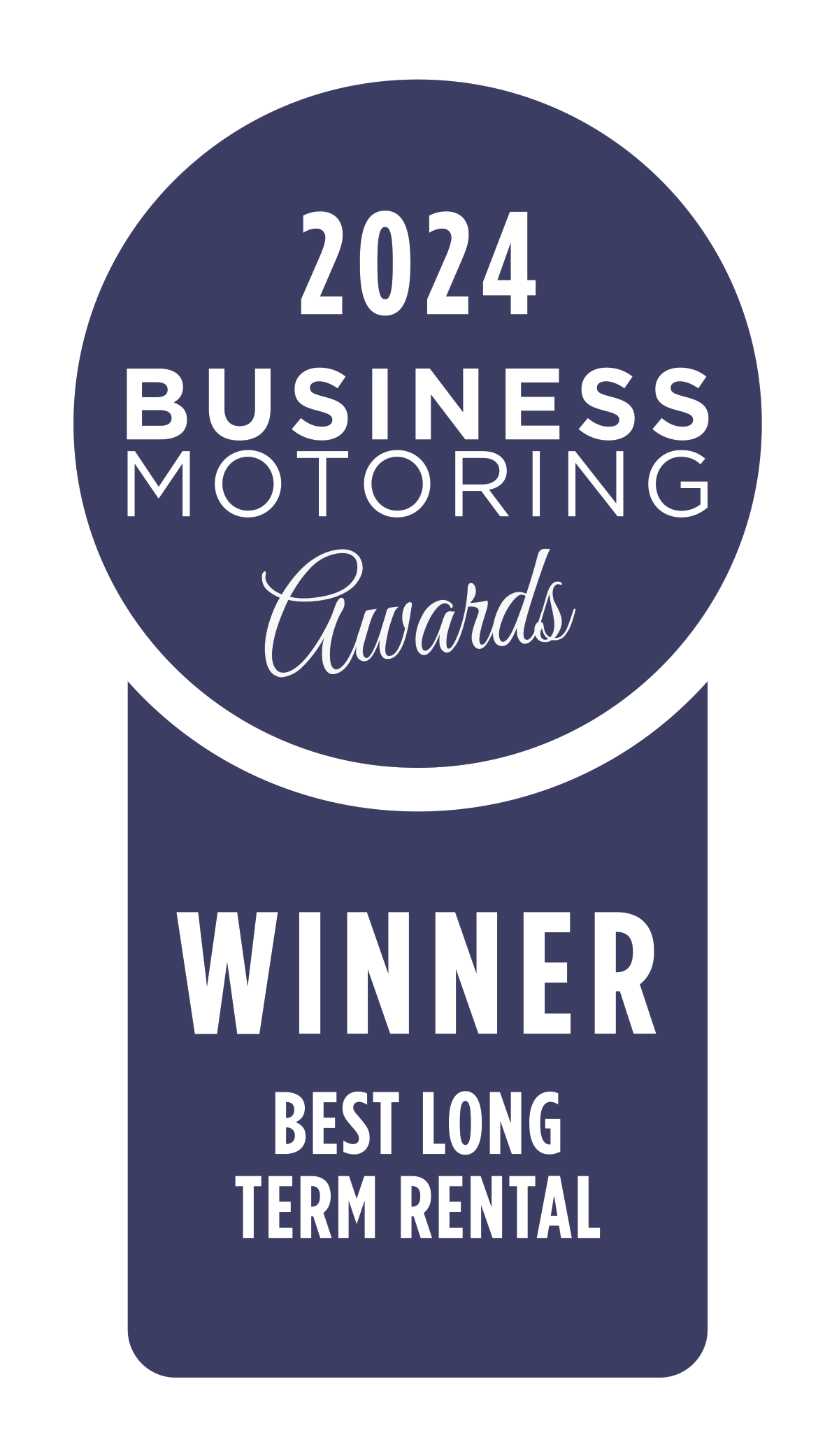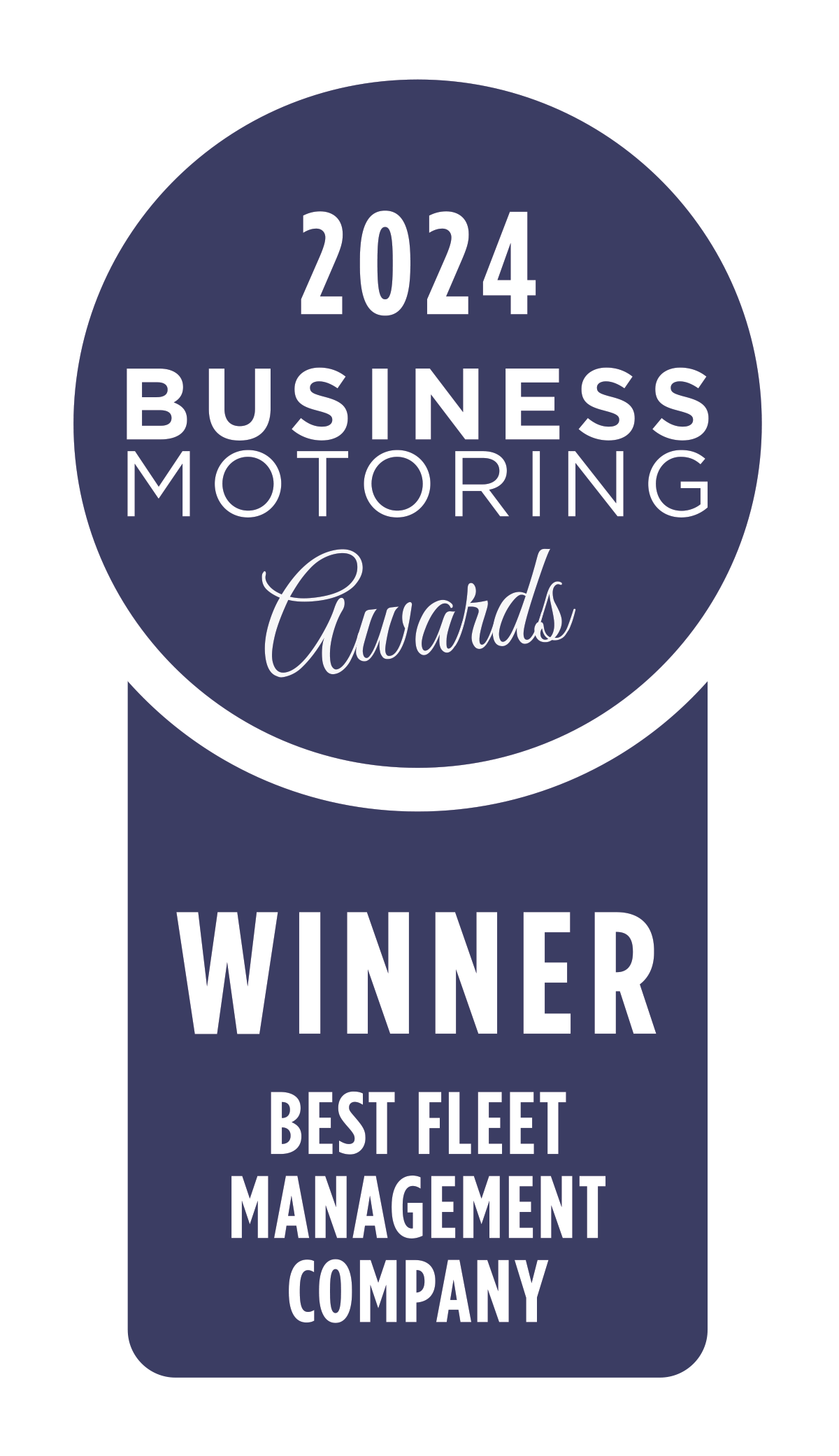The ideal time to dispose or trade in old vehicles
Old vehicles cost more to run. Knowing when to upgrade your old vehicles to new ones could save your business thousands in running costs.
![]() 12/02/2020
12/02/2020![]() 10 minutes read
10 minutes read
Old vehicles cost more to run
Knowing when to upgrade your old vehicles to new ones could save your business thousands in running costs.
Whether you’re already tracking these costs or are looking at solutions, here’s how to find the sweet spot for upgrading your vehicles.
Are you already look looking for solutions?
Know your cost per mile
The sweet spot is the moment just before a vehicle becomes too costly or unreliable to operate. You can find your old vehicle sweet spot by comparing the cost per mile of your vehicle to a new model.
In order to work out these costs, it is important to get an accurate view of all the costs involved in running a vehicle.
The costs can be broken down into two categories
Hard Costs (easier to measure)
From increasing maintenance and insurance costs to deteriorating fuel efficiency.
Soft Costs (can be hidden and are often subjective)
These costs can be harder to measure but include brand image and reputation, customer satisfaction, impressions on employees, and vehicle downtime.
Start tracking these costs
The more data you have available, the more accurate your running costs and any projected savings will be.
Hard costs are usually predictable
There are many factors to take into consideration when working out your vehicle running costs.
- Insurance
- Maintenance/Repairs
- MOTs
- Fuel Consumption/Economy
- Emissions Charges
- Replacing tyres
Many of these costs increase in correlation to a vehicle’s age or mileage. If you are tracking them, you should see a steady increase in costs year on year.
Soft costs can be down to chance
Soft costs are where the costs of old vans can spiral.
If your business is a heavy user of vans or you have a large fleet, it is especially worth working out these costs.
Fleet size matters
The bigger your fleet, the more likely you’ll see consistency in your soft costs. Whereas one old van may be able to avoid breaking down, in a fleet of 50 vans the probabilities are more likely to play out.
In smaller fleets, soft costs can be harder to identify but may also have a disproportionately high impact. If you rely on a single van and its condition is deterring customers, your old van may be significantly hindering your success.
Vehicle downtime
Operating old vehicles is akin to a ticking time bomb for your cashflow.
Over a third of all vans and cars failed their MOT in Q2 2019 to 2020 financial.
Our own Vanonomics research team found that vehicles off the road costs businesses an average of £800* a day. With the average off the period being 4 days – that’s a total of £3,000 for vehicle downtime.
Realistically, it’s only a matter of time before a vehicle breaks down or needs expensive repairs. For old vehicles the costs of repairs can be higher, as some parts go out of production or become harder to source.
Brand Reputation
For many businesses, your van is part of your brand.
Professionally liveried and maintained vans can be a great marketing opportunity for your business. Conversely, vans in poor condition are not only a missed marketing opportunity, they can also be a cause of lost businesses.
In most cases, we will know deep down whether a van is helping or hindering us. However, carrying out customer satisfaction surveys or asking for employee feedback can help you pin down any concerns.
Employee Satisfaction
In a similar way to how an old van can impact the opinions of your customers, your vans may be the difference between losing or attracting top talent in your industry.
Not to mention, research has shown that older vans tend to get treated worse by employees.
Wrong van for the job
Over time, the needs of your business can change. One of the more obvious reasons to upgrade your vehicle to a new one is if it is no longer fit for purpose.
With a range of vehicle types to choose from, some vans will make your job easier than others. If your van is being under-utilised, overloaded, or making your job harder, these issues alone can make it worth upgrading.
Benchmark the running costs of a van to get the full picture
Whilst comparing the cost of running your van from year 1 to 5 is helpful, it doesn’t necessarily paint the whole picture.
Newer vans tend to be more efficient, so it is worth estimating your running cost of a new van and comparing that to your current costs as well.
Essentially, there are two key benchmarks to consider:
- What were the running costs of my van in year 1 compared to now?
- What are the running costs of a new van?
Depreciation and interest
After working out your running costs, the last check is the cost of changing vehicles.
Depreciation and interest can make purchasing new vehicles financially impractical. Depending on your acquisition method, it can make sense to hold onto a vehicle for longer to get your money’s worth.
Factoring in any depreciation or interest into your cost per mile will still help you find the sweet spot for when to upgrade.
Working out the costs of depreciation
The easiest way to find out the costs of any depreciation is to:
- Find out the current market value of your old vehicle.
- Compare the current market value of your vehicle to the cost you originally paid.
Some vehicle acquisition methods, such as contract hire, renting or leasing, will have already factored in the costs of depreciation into the price you pay.
What are the next steps?
When upgrading to a new vehicle, it is worth reviewing your options and the best acquisition method for your business.
Vehicle hire, contract hire, and leasing are all common acquisition methods that provide access to newer vehicles – and they are not dependent on you disposing of or selling your old vehicle.
Renewing and updating your van fleet could not be easier with Northgate. Why not contact us today to discuss your options?







